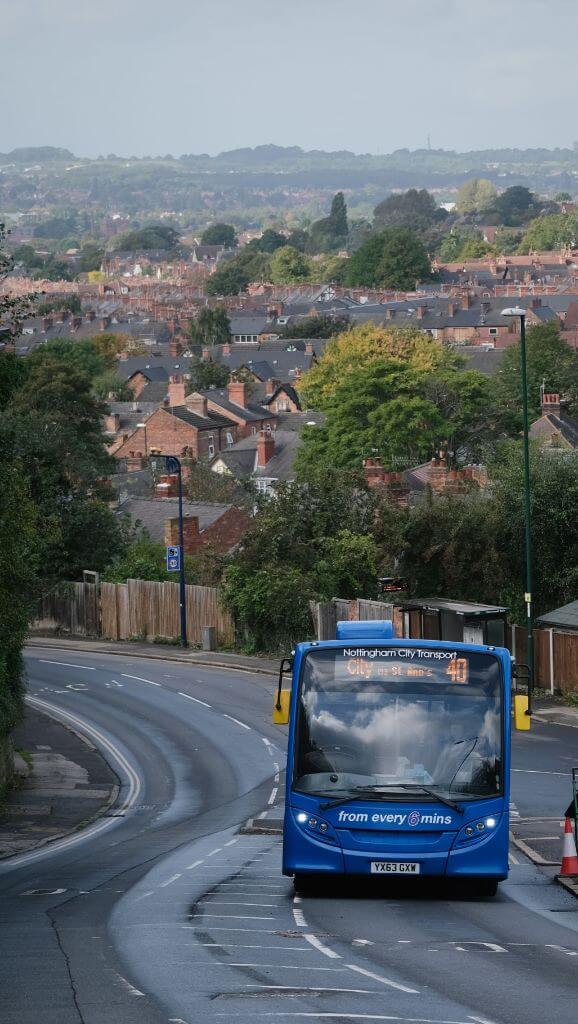
For our first Superfeature of 2020, we look at multi-award-winning arms-length municipal operation Nottingham City Transport. Peter Jackson describes the firm’s history to-date
Last year was a good one for Nottingham City Transport (NCT). The arms-length municipal had much to celebrate, having secured the title of UK Bus Operator of the Year for the fifth time – the first operator to do so. That would have been impressive enough on its own, but the company also scooped three more awards that evening: Top National Bus Driver for Jatinder Kumar, Unsung Hero for HR Admin Manager Sheila Swift, and the Services to the Industry Award for Managing Director Mark Fowles.
We previously put together a Superfeature on NCT back in 2014 (CBW1139) but, with the above in mind, we thought it was only right to return to find out how the operator has managed to continue its winning ways for another five years. The answer to that question is most certainly not by standing still; NCT has evolved considerably since we last visited, aiming to keep itself ahead of the curve in terms of technology and sustainability.
[…]
By subscribing you will benefit from:
- Operator & Supplier Profiles
- Face-to-Face Interviews
- Latest News
- Test Drives and Reviews
- Legal Updates
- Route Focus
- Industry Insider Opinions
- Passenger Perspective
- Vehicle Launches
- and much more!


